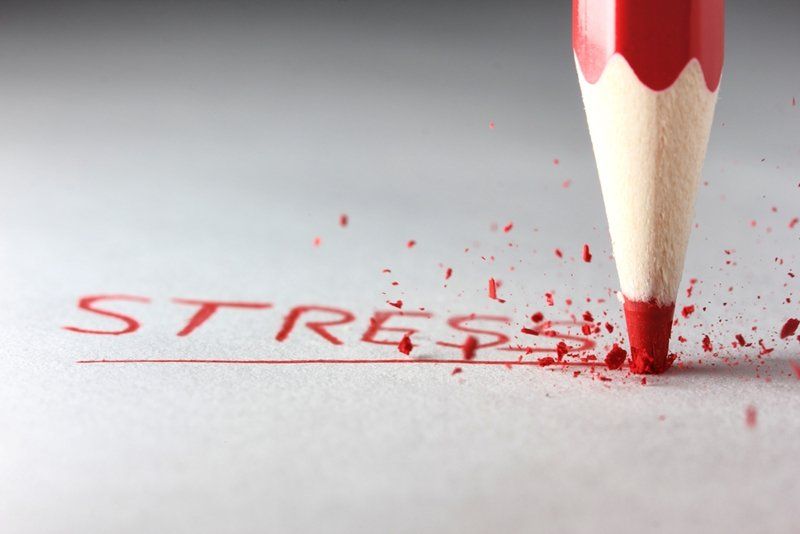Caring for the carer: Important tips for doctor well-being
What happens when the carer needs caring for? Reports of alarming suicide rates among junior doctors in Australia has us asking this very question.
One study, conducted by mental health nonprofit organization Beyondblue, found that:
- One in five medical students and one in 10 doctors had suicidal thoughts in the past year.
- Over four in 10 students and a quarter of doctors are highly likely to have a minor psychiatric disorder, such as mild depression or mild anxiety.

A chilling feature in the New York Times by Sydney-based doctor Lisa Pryor further highlighted the epidemic in the medical industry across Australia.
In Sydney alone, the medical industry has lost three colleagues to suicide in the past seven months, according to Pryor. In order to truly address the problem, she believes we need to begin looking at the core causes – things like unmanageable hours and doctor burnout.
Doctors are not focusing on caring for themselves, they are running themselves dry and it's costing some their lives.
Like any major epidemic, the issue can be traced back to much more manageable roots. Doctors are not focusing on caring for themselves, they are running themselves dry and it's costing some their lives.Let's take a look at a few important tips for taking your mental health seriously.
1. Be honest
The most important step towards better self-care is being honest with yourself (and others) about your limits. Recognise when you are reaching your breaking points and communicate the things you need from those around you. Self-awareness plays a critical role in this step. No one knows your limits better than you.
2. Validate your experiences (and talk about them)
As doctors, we see some pretty gruesome stuff. What's worse, we often have to deal with the loss of patients. These are not easy experiences and you shouldn't bottle up the feelings associated with them. It's important to recognise the emotions associated with these situations and allow yourself to feel them. As often as possible, talk about them in a constructive setting. These steps are an important part of healing after traumatic events.

3. Seek out support
Even doctors need help sometimes. When you are beginning to feel overwhelmed or uncharacteristically stressed call on your colleagues and other professionals for support. Vocalising your need for assistance isn't a sign of weakness, it's a sign of strength.
This isn't always just a matter or someone taking on a few of of your shifts or venting to a colleague. It often means speaking to a psychologist or psychiatrist for some professional advice on how best to move forward.
Your health is just as important as that of your patients and it's critical to acknowledge this in a serious way. When we care for ourselves, we can better look after others.












